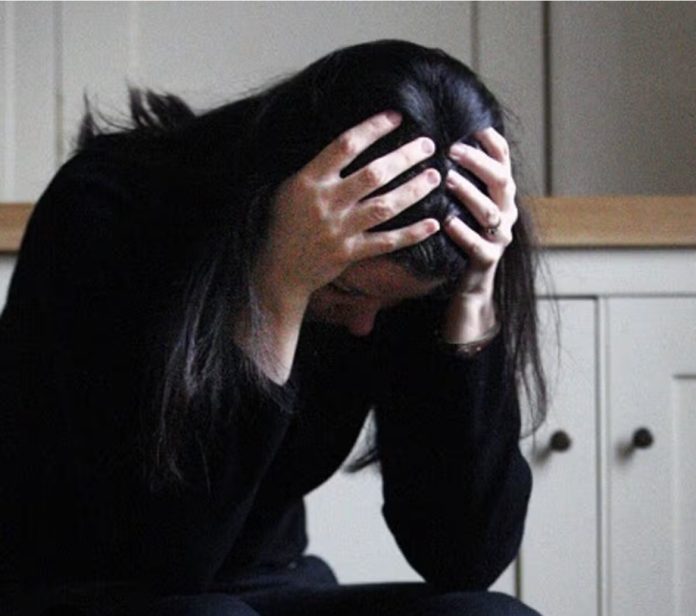The Government is pledging to reduce England’s suicide rate within two and a half years with the launch of a new National Suicide Prevention Strategy today
Measures will include action to aid specific groups at risk of suicide, including children and young people, middle-aged men, autistic people, pregnant women, and new mothers with more than 100 measures being taken including a national alert system to combat emerging methods of suicide and refreshed guidance for first responders
The Government is pledging that thousands more people approaching a crisis will get the support they so desperately need, and fewer loved ones will go through the heartbreak of losing a friend or relative to suicide, as the government launches a new national strategy to rapidly reduce England’s suicide rate.
The National Suicide Prevention Strategy delivers a firm commitment to see the number of suicides in England decrease within two and a half years at the very latest.
The NHS Long Term Workforce Plan sets out an ambition to grow the mental health workforce by 73% by 2036 to 2037, and the workforce already continues to grow to help cut waiting lists – one of this government’s top five priorities. In March 2023, there were almost 9,300 more mental health staff working than the previous year.
Health and Social Care Secretary, Steve Barclay, said:
Too many people are still affected by the tragedy of suicide, which is so often preventable.
This national cross-government strategy details over one hundred actions we’ll take to ensure anyone experiencing the turmoil of a crisis has access to the urgent support they need.
It’s imperative we support people earlier to prevent them reaching the lowest point, while tackling emerging methods of suicide, and eradicating harmful material online.
We’re working at pace to achieve this, and we continue to invest billions of pounds to transform and improve our nation’s mental health services and – most importantly – save lives.
Over 100 measures have been outlined in the strategy aimed at saving lives, providing early intervention, and supporting anyone going through the trauma of a crisis.
This includes a new national alert system to notify relevant authorities – like schools, universities, and charities – of emerging methods of suicides and risks, and any required actions that can reduce access or limit awareness
There will be fresh guidance issued to first responders, recognising new and emerging methods and how such incidents should be dealt with near real-time surveillance of trends in tragic suicides to be introduced on a national scale this year – enabling more timely and targeted actions
There is also a government pledge to collaborate with countries around the world to target and stop suppliers of dangerous and lethal substances at the source
Tens of millions of children in schools across England will have access to a dedicated mental health support team by the end of March 2025, with at least half of school pupils set to receive such support. Mental health support teams intervene where a mild-to-moderate mental health issue is identified and ensure children and young people are both protected and supported.
As part of its ongoing work with the Medicines and Healthcare products Regulatory Authority (MHRA), the government will explore whether regulatory change is required to decrease how many tablets like paracetamol can be sold to a customer or patient at once.







